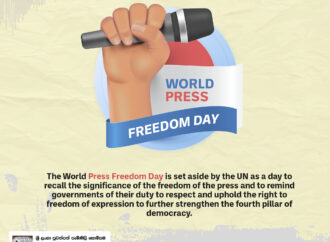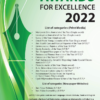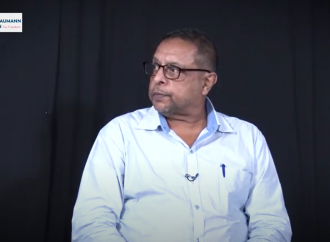Based on the Editors’ Code of Practice, the guidance covers three key areas – the reporting of breaking news, the immediate aftermath of the incident and anniversaries − outlining key questions for journalists to consider and highlighting useful case studies. The guidance is accompanied by new information for the public on what to expect from
Based on the Editors’ Code of Practice, the guidance covers three key areas – the reporting of breaking news, the immediate aftermath of the incident and anniversaries − outlining key questions for journalists to consider and highlighting useful case studies.
The guidance is accompanied by new information for the public on what to expect from the media when they are reporting on a major incident, including details of where to go for help and how IPSO can support them, Head of Standards Charlotte Urwin said: “It is strongly in the public interest that the media reports on major incidents, but it can be challenging – requiring editors and journalists to make sometimes difficult, on-the-spot decisions.
This new guidance provides a framework to support all journalists, whether working for a local or national newspaper, weekly or monthly magazine, to comply with their obligations under the Editors’ Code, including reporting accurately, and approaching those affected with sensitivity.
We have also expanded our work raising awareness of how we can support victims, families and agencies in major incident situations, in response to the recommendations made by in the Kerslake Review. We hope our new information will be useful to people who have concerns about potential press intrusion.”


















Leave a Comment
Your email address will not be published. Required fields are marked with *